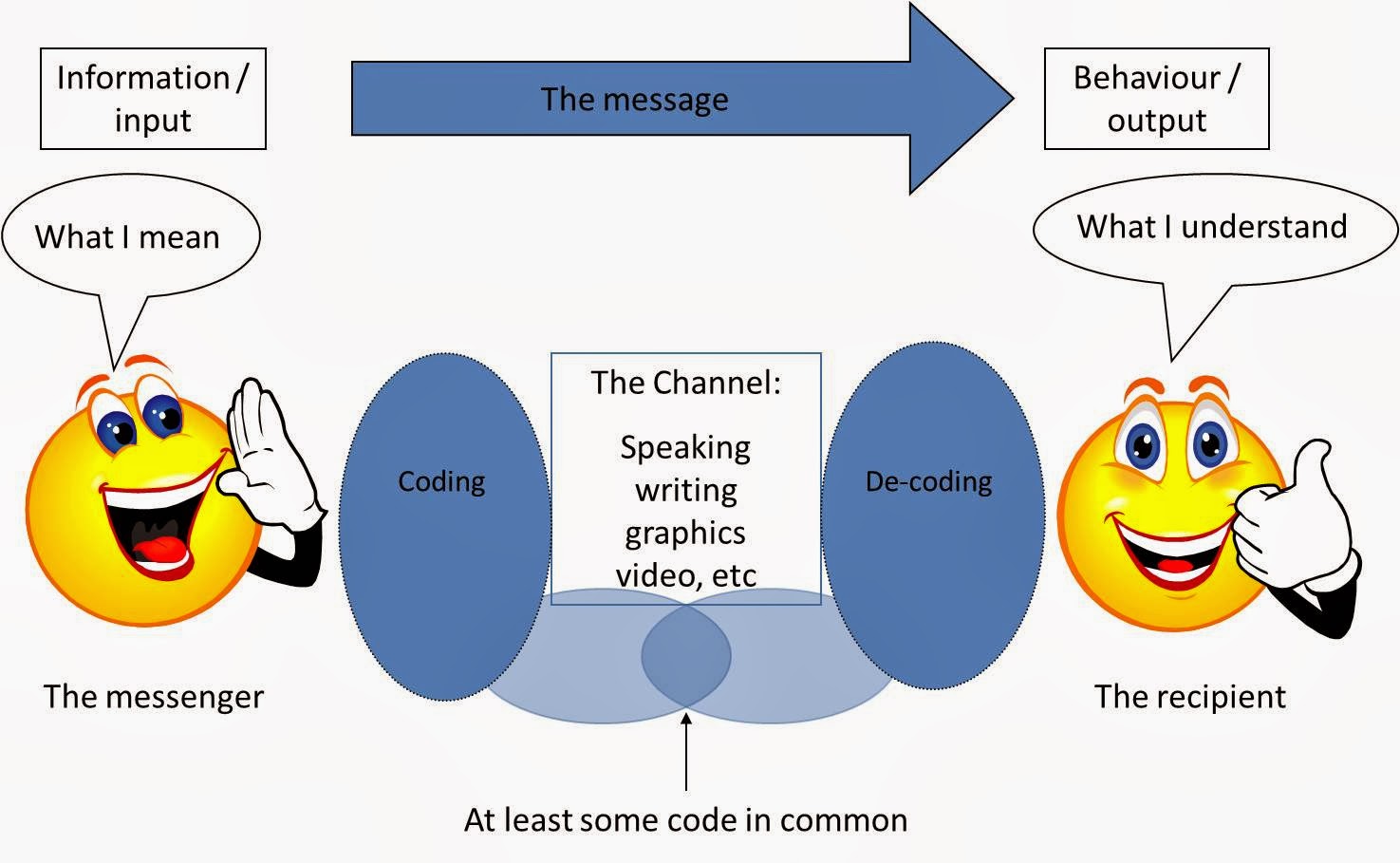Concept of Karma
The concept of Karma is a fundamental aspect of the Vedic
School of Psychology, deeply rooted in Hindu philosophy and spirituality.
Karma, in its essence, refers to the law of action and consequence. It's an
intricate concept that influences not only the spiritual understanding of life
and the universe but also shapes the psychological framework in Vedic thought.
Definition and Basic Understanding
- Literal
Meaning: The word "Karma" is derived from Sanskrit, meaning
'action', 'work', or 'deed'.
- Law
of Cause and Effect: At its core, Karma represents the principle that
every action has a corresponding reaction or consequence. This is not just
limited to physical actions but extends to thoughts and words as well.
Psychological Implications
- Shaping
Personality and Life Experiences: In the context of Vedic psychology,
Karma is believed to shape an individual's personality traits, life
choices, and experiences. Past actions, including those from previous
lifetimes (as Vedic philosophy believes in reincarnation), influence one’s
current mental and emotional state.
- Responsibility
and Self-Reflection: The concept encourages individuals to be mindful
and responsible for their actions, as these actions contribute to their
future mental state and life circumstances. It fosters a sense of moral
responsibility and introspection.
Therapeutic Application
- Understanding
Life Patterns: In a therapeutic context, Karma can be used to help
individuals understand recurring patterns in their lives. By acknowledging
that these patterns might be a result of past actions, individuals can
work towards changing their current behaviours and attitudes.
- Promoting
Positive Change: It motivates individuals to engage in positive
actions and thoughts, which in turn are believed to lead to positive
outcomes, both in terms of external life circumstances and internal mental
states.
Karma and Free Will
- Dynamic
Interplay: Vedic psychology posits a dynamic interplay between Karma
and free will. While past actions influence current circumstances,
individuals have the free will to choose their current actions, which will
shape their future.
- Empowerment
Through Choice: This understanding empowers individuals to take charge
of their lives, acknowledging the influence of past actions but also
recognizing their current power to effect change.
Spiritual Dimension
- Moksha
(Liberation): Ultimately, in the broader spiritual context, the goal
is to transcend the cycle of Karma and achieve Moksha, or liberation from
the cycle of birth, death, and rebirth. This liberation is also associated
with psychological freedom from the binds of past conditioning and
reactive patterns.
In summary, the concept of Karma in Vedic psychology is not
just a philosophical or religious principle, but a practical tool that provides
insight into human behaviour and psychology. It underscores the importance of
actions (in thought, word, and deed) in shaping one’s mental health and life
experiences, while also providing a framework for personal growth,
self-awareness, and spiritual development.



Comments
Post a Comment